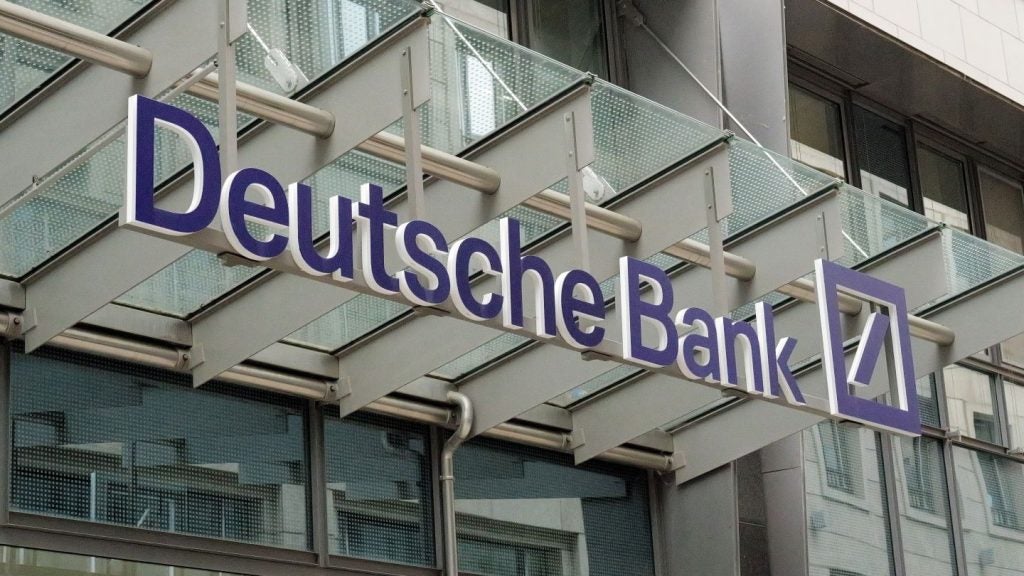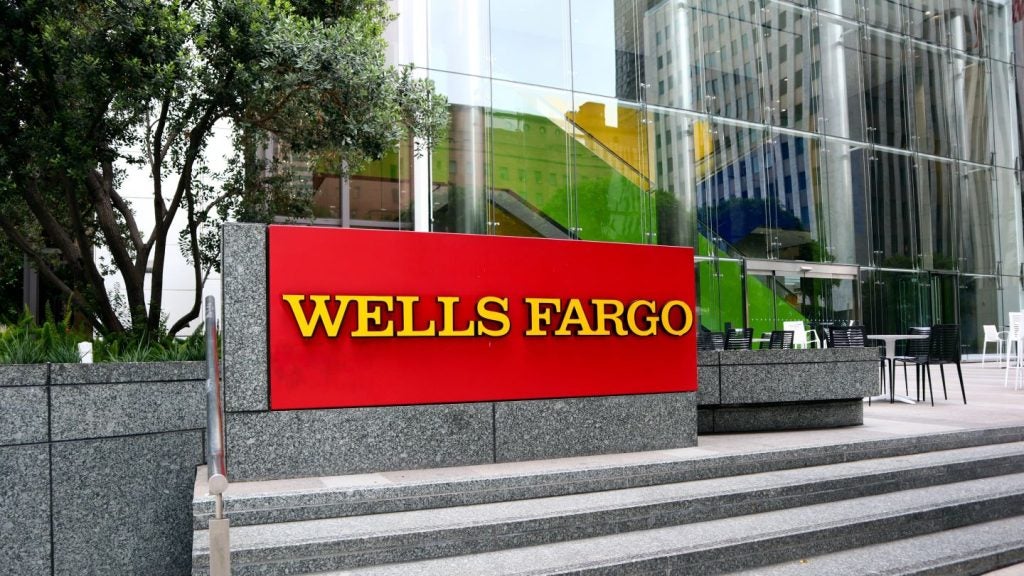The government’s recent move for capital gains tax to apply to non-UK residents has heightened concern that international investors could take their money out of prime London locations.
With the broadening of tax on ‘luxury homes’ wrapped in corporate envelopes, coupled with house price growth showing signs of a slowdown in prime London locations, a feeling of uncertainty has been created in the market.
According to estate agent Knight Frank, house prices in locations such as Knightsbridge and Mayfair, saw an annual price growth within the last year of 7.5% compared to 8.7% the year before. This points towards a cooling in the capital’s top end market.
However if one looks more closely, the chancellor’s cooling measures are likely to have only a marginal impact as tax is only one of a number of considerations for international buyers.
High-end London property has a reputation as a safe investment, which was cemented during the financial crisis and the subsequent bouts of political instability around the world.
With skittish global stock markets, falling commodity prices and hedge fund managers still struggling to second-guess central bankers, London residential property’s strength as an investment class has been underlined. The trend for wealthy individuals choosing to become UK residents has increased markedly in recent years, and tax is not a primary driver for the majority of international buyers.

US Tariffs are shifting - will you react or anticipate?
Don’t let policy changes catch you off guard. Stay proactive with real-time data and expert analysis.
By GlobalDataDemand has remained high according to Knight Frank. Prime central London sales saw a 37% increase last year, while rents in the area rose for three months out of the first four months of 2014. Total returns in the year to April were at 10.6% in prime central London, which is strong compared to many other mainstream investment classes.
The British government has taken steps to address the situation. In the Autumn Statement the Chancellor announced that from April 2015, capital gains tax (CGT) for non-UK residents disposing of UK residential property would be imposed on future gains, but remained tight lipped about previous growth. The market expects that CGT will only be charged on the increase in value from April 2015, but this has yet to be confirmed, fuelling feelings of uncertainty. However a consultation on how best to introduce the change was published this year and markets will seek greater clarity nearer to the general election. The move merely brings the UK into line with many other key investor markets such as New York and Paris.
The biggest impact of the changes will be felt in low-tax economies where investors own residential properties directly, but occupy them for less than 45 days a year.
The tax charge will reduce the post-tax rate of return on investment, but will only be applied when proceeds have been received and profit made. This type of tax liability is easier for individuals to manage than a wealth tax on an illiquid asset.
Another recent measure is the widening of imposition of taxes on high-value UK residential property owned through a "Non-natural person" (NNP) (i.e. company, partnership, collective investment scheme). The Annual Tax on Enveloped Dwellings (ATED) came into effect in April 2013 related to residential properties valued at £2 million or more. The scope of the ATED will be extended from April 2015 to properties worth £1 million plus and from April 2016 to properties worth £500,000 and above. It does apply to residential property rented commercially, but an exemption applies, meaning the actual tax liability is reduced to zero.
The government’s aim when introducing the ATED was to prevent the avoidance of stamp duty land tax (SDLT). SDLT at the penal rate of 15% applies to acquisition of property which will be liable to an ATED tax charge. Any NNP which pays an ATED charge is also liable to CGT on growth in value since April 2013 or from the date they came within the charge to ATED.
For many foreigners, the historic use of a corporate structure was for succession planning – escaping inheritance tax. However the annual charge on enveloped dwellings, essentially taxing those who buy properties through offshore companies, still represents good value.
It is understood that there is a reluctance to de-envelope because wealthy homeowners may often have different motivations for holding property in a corporate vehicle. Non-UK residents from low-tax economies own property for privacy and anonymity; direct ownership means the owner’s name is listed on the Land Registry, a public database.
Overall these tax measures do not present a threat to the London prime real estate.
Foreign investors will also benefit from currency exchange rates when selling an asset, if the pound maintains its strength with other currencies since 2008.
Prime property in London is seen as an asset class in its own right, providing strong returns, and remains an attractive sector for international investors.








